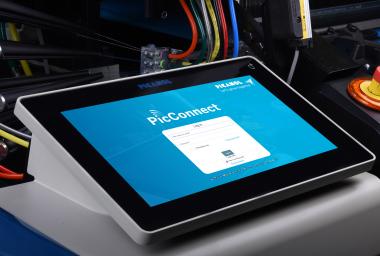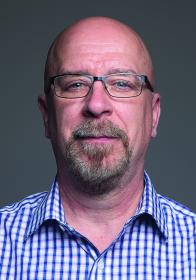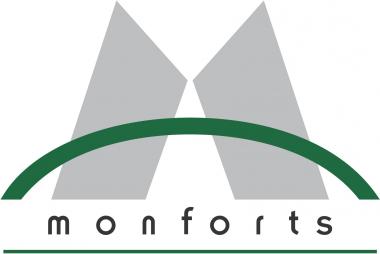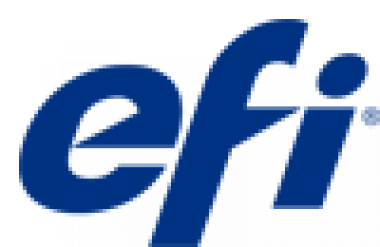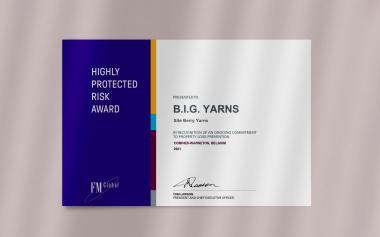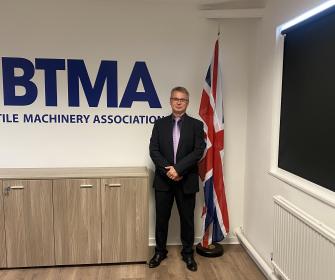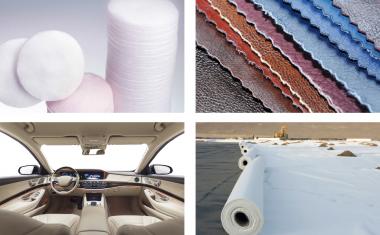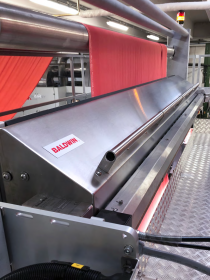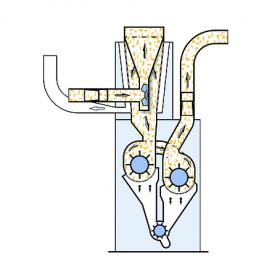Baldwin to showcase key innovations at ICE Europe in Munich
Baldwin Technology Company Inc.—a one-stop source for high-performance coating, curing, treating, cleaning and inspection solutions—will feature pioneering new technology for optimizing converting, printing and film-extrusion processes at ICE Europe, which will be held at the Munich Trade Fair Centre in Germany from March 15 to 17.
Baldwin’s innovations can help customers meet the burgeoning demand for film and packaging amid the many economic and logistical headwinds challenging the industry. In addition, Michael Stürmer, Baldwin’s Director of Strategic Accounts, will present “Back to the Future: The 100-year-old processautomation solutions the corrugated industry has overlooked, until now!” at 11:30 a.m. March 17 during the International Exhibition for the Corrugated and Folding Carton Industry, held in the same location as ICE.
Baldwin provides converters with expertise and a broad range of market-leading innovations that offer superior print results, and enhance the economic and environmental efficiency of print production processes. Solutions on display at ICE will include automated cylinder cleaning systems, corona surface pretreatment systems, LED-UV curing and IR-drying systems, hot-air dryers, rotary spray systems, and technologies for color management and defect detection, all of which increase productivity, reduce waste, improve working conditions and provide full control of producing flawless products.
Barry-Wehmiller for Baldwin










